LIGNOCAINE HYDROCHLORIDE
About LIGNOCAINE HYDROCHLORIDE
LIGNOCAINE HYDROCHLORIDE belongs to the class of local anaesthetics. It is a local anaesthetic used to numb certain body areas temporarily. On the other hand, it is used as an anaesthetic lubricant to insert instruments in the human body for medical procedures (e.g., catheters). It is also used to treat symptoms of painful inflammation of the urethra and bladder.
LIGNOCAINE HYDROCHLORIDE contains 'Lignocaine Hydrochloride'. It works by reducing pain sensation by working on peripheral nerves in the body.
LIGNOCAINE HYDROCHLORIDE should be used as directed by your physician. Generally, it is used before undergoing clinical procedures. Sometimes, LIGNOCAINE HYDROCHLORIDE may cause application site reactions such as a burning sensation, itching, redness, and irritation. Most of these side effects do not require medical attention and will resolve gradually over time. However, you are advised to talk to your doctor if you experience these side effects persistently.
If you are pregnant or breastfeeding, inform your doctor before using LIGNOCAINE HYDROCHLORIDE. It is not recommended for use in children as the safety data are not available. Avoid contact of LIGNOCAINE HYDROCHLORIDE with eyes, nose, mouth, swollen skin or open wounds. In case of accidental contact with these areas, rinse with water immediately.
Uses of LIGNOCAINE HYDROCHLORIDE
Medicinal Benefits
LIGNOCAINE HYDROCHLORIDE is a pain reliever that is used during specific medical operations (such as putting a tube into the urinary system). It is also used to numb the lining of the mouth, throat, or nose prior to some medical operations (for example, intubation). Lidocaine jelly is also used to treat discomfort caused by urinary tract swelling (urethritis). It works by numbing particular moist parts of the body. Lidocaine is a kind of medication known as a local anesthetic. LIGNOCAINE HYDROCHLORIDE contains 'Lignocaine Hydrochloride,' which prevents sodium ions’ influx (entry) into the membrane covering the nerves, hence blocking impulse initiation and conduction.
Directions for Use
Storage
Side Effects of LIGNOCAINE HYDROCHLORIDE
- Burning sensation
- Itching
- Redness
- Irritation
Patients Concern
Disease/Condition Glossary
Pain: Pain alerts your nervous system that something is amiss. It is a painful sensation such as a prick, tingling, sting, burn, or aching. Pain can be either acute or dull. It might come and go or be continuous. You may have pain in one part of your body, such as your back, abdomen, chest, or pelvis, or you may experience pain throughout your body. Pain can be generalised (overall body aches) or localised (affecting a specific body area).
Local anaesthesia: It causes numbing/loss of sensation to a specific area of the body. It is used to treat or prevent pain during surgery or medical procedures.
Post-herpetic neuralgia: Post-herpetic neuralgia is a persistent discomfort associated with shingles. Shingle is a viral illness that causes painful rashes caused by the recurrence of chicken pox virus infection. Symptoms include nerve discomfort and itching.
FAQs
LIGNOCAINE HYDROCHLORIDE blocks the influx of sodium ions into the membrane that surrounds the nerves, thereby preventing the initiation and conduction of impulses (nerve signal). Hence, it provides an anaesthetic effect and decreases the sensation of pain.
Avoid concomitant use of LIGNOCAINE HYDROCHLORIDE with other topical products such as cosmetics, sunscreens, lotions, moisturizers, insect-repellent creams, and other gels.
Do not apply external heat or cover the treated skin with dressings after applying LIGNOCAINE HYDROCHLORIDE. Covering the skin or applying heat might increase the amount of drug absorbed into the skin leading to unpleasant side effects.
Do not apply LIGNOCAINE HYDROCHLORIDE on open wounds, injured skin, or unhealed shingles blisters. Apply LIGNOCAINE HYDROCHLORIDE on intact skin only.
Avoid using LIGNOCAINE HYDROCHLORIDE for longer durations unless prescribed by the doctor. If your condition does not improve even after using LIGNOCAINE HYDROCHLORIDE for seven days, consult your doctor.









